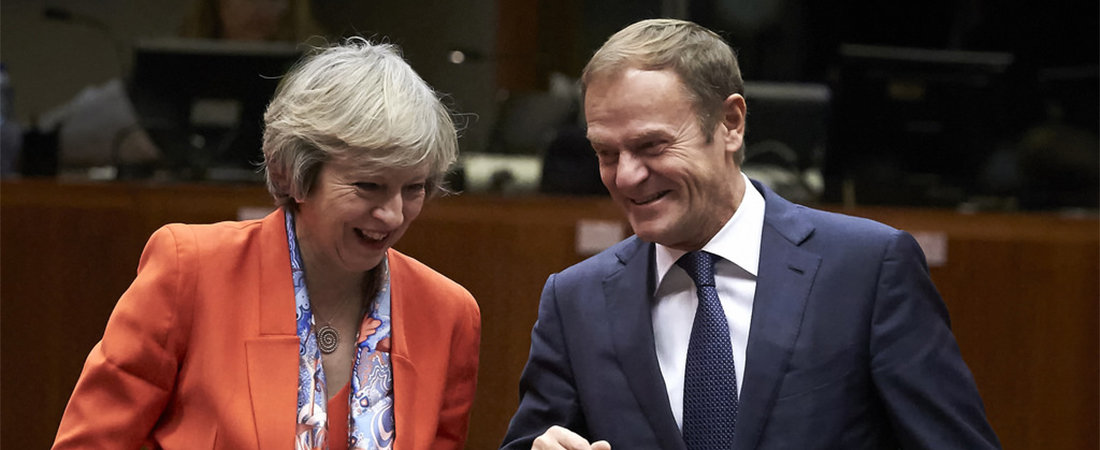Theresa May’s argument this morning for – reluctantly – calling a snap general election, was all about Brexit.
She said that the opposition parties were getting in the way of her ability to deliver Brexit successfully for the UK; preventing her from getting Britain Brexit-ready; weakening her stance in her negotiations with fellow European leaders. She didn’t quite say they were thwarting the will of the people, but that was the implied message. And so she asked that we put it to the people – again.
She’s right of course that securing a mandate as Prime Minister on the basis of her vision for Brexit will put her in a better position to negotiate and deliver a good deal. It would allow her to go to the prime ministers, presidents and chancellors of Europe that she mentioned in her statement today with the backing of the people, and with more credit in the bank. It could make discussion of a period of transition (or ‘implementation’ as she prefers to call it) more palatable in the UK. And, as the FT pointed out today, it moves the day of judgement beyond Brexit day, rather than at the same time. 2022 is when she would next be judged – largely on how well she will have delivered Brexit by then. She will no longer be running an election campaign at the same time as the negotiations with Brussels come to a head. And perhaps she might even hope that UKIP will be a spent force by then.
So for the politics and the atmospherics of delivering Brexit, there is a lot to be said for calling the election now (assuming she wins of course.) On substance, it doesn’t change much. An emboldened May Government still has limited wriggle room when it comes to the content of discussions with Brussels. There are no additional trump cards she can play simply as a result of a (renewed) mandate.
And on timing, not much will change there either. The Prime Minister has deliberately called the election in time for a new government to be in place ahead of the first formal negotiations with Brussels, unlikely before the end of June. A new French President will also be in place by then, and the hope on both sides is that some progress can be made before Germany moves into its own election campaign in the autumn.
One final thought: it is worth remembering that Conservative Party members (who play a vital role in selecting Parliamentary candidates) are more likely to have voted to leave and to select hard-line supporters of Brexit in key seats the Party expect to take from Labour. This could tip the current balance in the Party away from those who voted Remain or who would advocate a softer, slower Brexit in favour of those who support a hard Brexit. An influx of Eurosceptic MPs will do little to strengthen the position of someone like Phillip Hammond who has pushed for as much access to the Single Market as possible, even if that means making compromises elsewhere.

